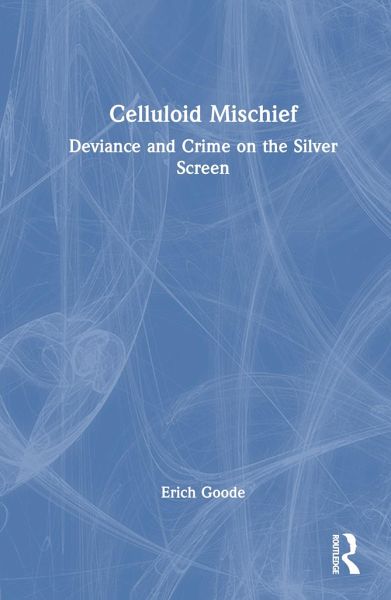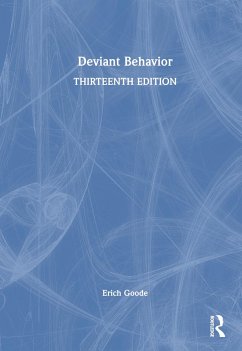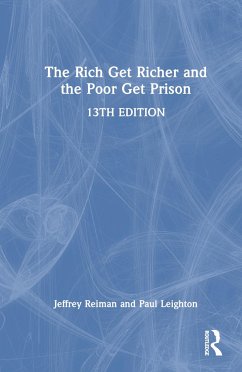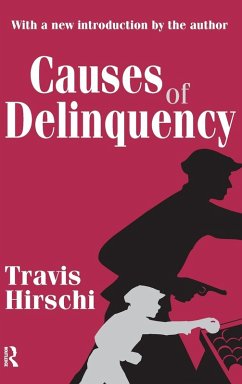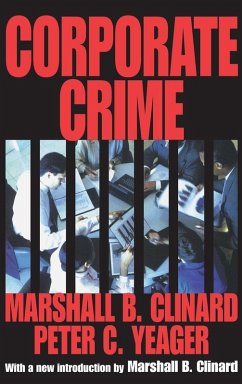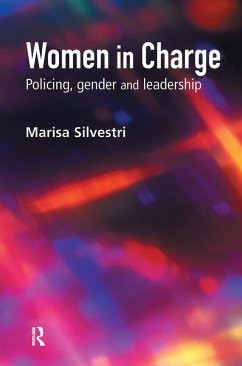Versandkostenfrei!
Versandfertig in 1-2 Wochen
Weitere Ausgaben:

PAYBACK Punkte
75 °P sammeln!





Celluloid Mischief examines the portrayal of wrongdoing and 'deviant' behavior in postwar and contemporary Hollywood cinema.
Erich Goode is Sociology Professor Emeritus at Stony Brook University. He has taught at a half-dozen universities and is the author of 12 books, including Deviant Behavior (now in its 13th edition) and Drugs in American Society. Goode has received a Guggenheim Fellowship and several teaching awards. He lives in New York City.
Produktdetails
- Verlag: Routledge
- Seitenzahl: 330
- Erscheinungstermin: 30. Mai 2023
- Englisch
- Abmessung: 240mm x 161mm x 22mm
- Gewicht: 661g
- ISBN-13: 9781032341392
- ISBN-10: 1032341394
- Artikelnr.: 67400233
Herstellerkennzeichnung
Libri GmbH
Europaallee 1
36244 Bad Hersfeld
gpsr@libri.de
Erich Goode's book on deviance in popular movies covers acts that are condemned in both society and film as well as aberrant behavior portrayed as justifiable under the circumstances. The films discussed include deviant acts by marginalized people, upstanding members of society, the authorities, and corporate criminals. Story lines range from those that reflect and reinforce societal norms to those that present a progressive critique of the status quo. Goode's enlightening analysis of these representations should appeal to college students of all ages. An outstanding supplementary text for courses in deviant behavior, abnormal psychology, and media studies.
Ronald Weitzer
George Washington University
Ronald Weitzer
George Washington University
Mehr anzeigen
Examining the powerful intersection between deviance and crime and their representation in movies, Erich Goode's book suggests a thoughtful and convincing critical analysis of a large number of well-known crime related movies. This analysis provides both an intrinsically interesting, attractive and positive learning experience, as well as creating a profound and persuasive understanding of what happens when movies meet crime.
Nachman Ben-Yehuda
Hebrew University, Jerusalem
Sociologists have long recognized that "deviance" is not an attribute of the deviant so much as a category created by a culture. Erich Goode had the sensationally good idea of studying deviance by looking at one of the central points where deviance is produced and interpreted--the movies. The result is new insights into the representation of deviance in American culture, new insights into movies, and a book that is simply fun to read.
Robert Zussman
University of Massachusetts, Amherst
Beautifully written, extraordinarily researched and theoretically sophisticated, Celluloid Mischief is a path-breaking work in sociology, criminology, and cinema studies that is bound to be a classic text. Goode's novel analysis of deviance and crime in film thoroughly examines how movies both impact and reflect societal values as well as historical attempts by government and industry to regulate them. Numerous films are meticulously examined under major social and crime-type categories. A must read for scholars, students and anyone interested in the role of film in society, it would be a valued addition to a wide range of courses.
Henry N. Pontell
University of California, Irvine
A brilliant landmark case study of motion pictures and social behavior, Celluloid Mischief explores how perceived forms of "wrongful" comportment have been represented in film. Erich Goode's project is meticulously researched and delivers a stark intervention in the field of contemporary cinematic analysis. It is essential reading for not only academics and researchers, but also cineastes interested in the myriad of ways film plots, acting style, and aesthetics construct enticing images of deviance that compel praise or condemnation. Celluloid Mischief is an exemplary demonstration of the enduring power of cinema in the shaping of our collective practices and desires.
Paula Halperin
Purchase College
Schließen
Für dieses Produkt wurde noch keine Bewertung abgegeben. Wir würden uns sehr freuen, wenn du die erste Bewertung schreibst!
Eine Bewertung schreiben
Eine Bewertung schreiben
Andere Kunden interessierten sich für




